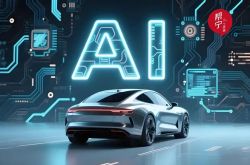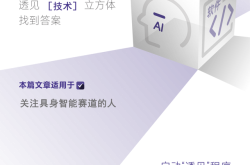Some Brands That Skipped the Guangzhou Auto Show May Never Return
![]() 11/28 2025
11/28 2025
![]() 506
506
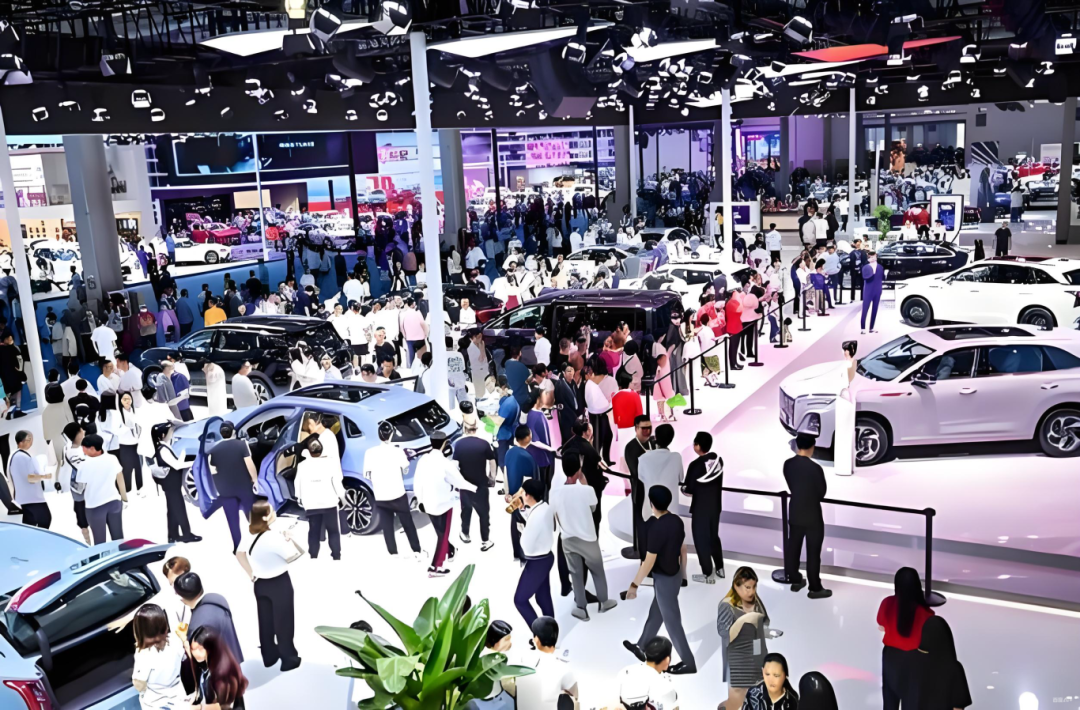
Introduction
Not all brands that participate in auto shows are thriving, but those absent usually have their own set of problems.
Amidst debates about the declining relevance of auto shows, the Guangzhou Auto Show proceeded as planned. On its opening day, a systematic survey of various exhibition halls revealed several intriguing trends.
For instance, GAC capitalized on its home-field advantage, dominating an entire hall. BYD continued to assert its status as the "world champion in new energy vehicles." Huawei, despite not manufacturing cars, expanded its automotive partnerships. Joint venture brands accelerated their intelligent transformation efforts. Elaborate brand nights were notably absent. New energy vehicles took center stage, and the overt promotion of so-called "intelligent driving" and a phenomenon where "traffic takes precedence" (i.e., an excessive focus on online attention) saw a marked decrease.
Additionally, a conspicuous trend was the absence of numerous automotive companies from the Guangzhou Auto Show.
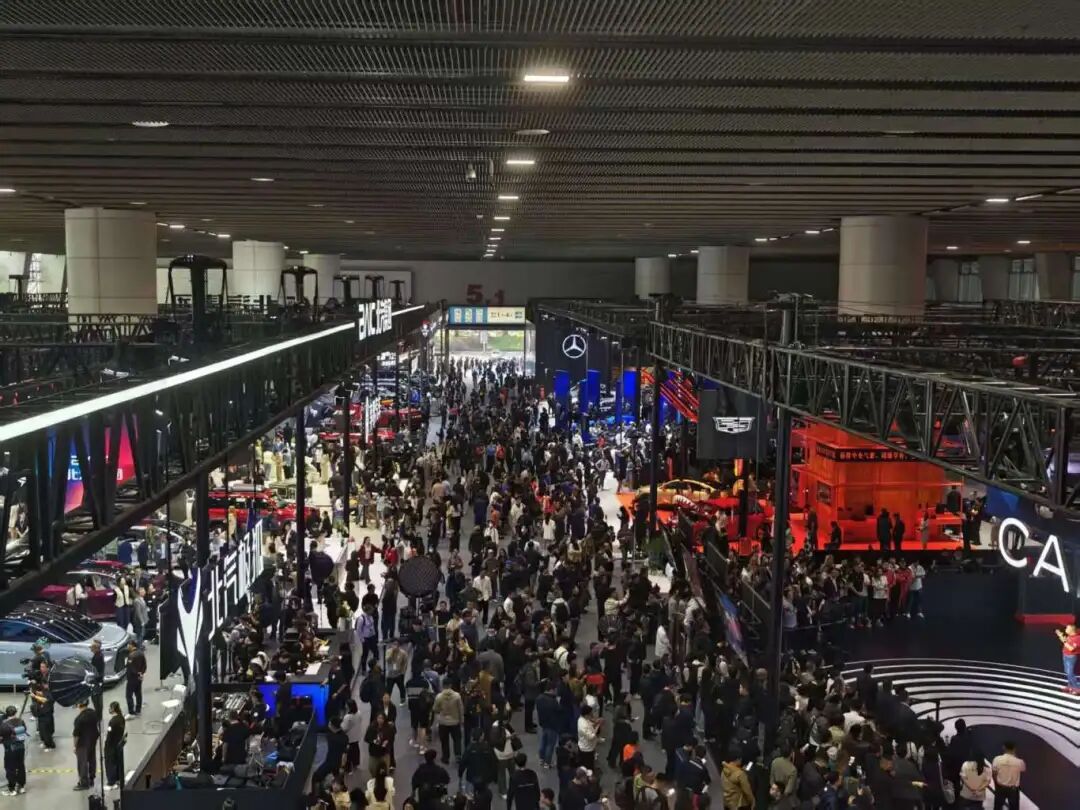
According to incomplete statistics, over 20 automotive companies did not attend this year's Guangzhou Auto Show. Among them were luxury/ultra-luxury brands favored by car enthusiasts; mid-tier and lower joint venture brands with poor market performance; Tesla and several struggling new entrants that dismissed the auto show; and "unknown" automotive companies that aspired to attend but couldn't.
While some chose not to participate due to a reduced emphasis on auto shows or cost considerations, others were grappling with poor operations or facing critical junctures. In essence, some automotive companies that skipped the Guangzhou Auto Show may never return.
01 Ultra-Luxury Brands Go Into Hiding
This year's auto show witnessed the absence of many luxury/ultra-luxury brands. Notably, top-tier luxury brands such as Rolls-Royce, Bentley, Lamborghini, Ferrari, McLaren, Maserati, and Aston Martin have consecutively skipped the Guangzhou Auto Show for multiple sessions, creating a unique scenario. The trend of ultra-luxury brands collectively skipping auto shows has intensified since this year's Chengdu Auto Show.
Their collective absence is partly attributable to the severe challenges ultra-luxury brands face in the Chinese market.
Data from the China Passenger Car Association indicates that in the first 10 months of 2025, China imported 360,000 vehicles, a year-on-year decrease of 32%. Specifically, for luxury brands, Porsche's sales in the Chinese market for the first 10 months of this year were 32,200 units, a year-on-year decline of 26%. This marks multiple consecutive years of declining sales in the Chinese market. The persistent sales slump has directly eroded these brands' confidence in investing heavily in auto show participation.
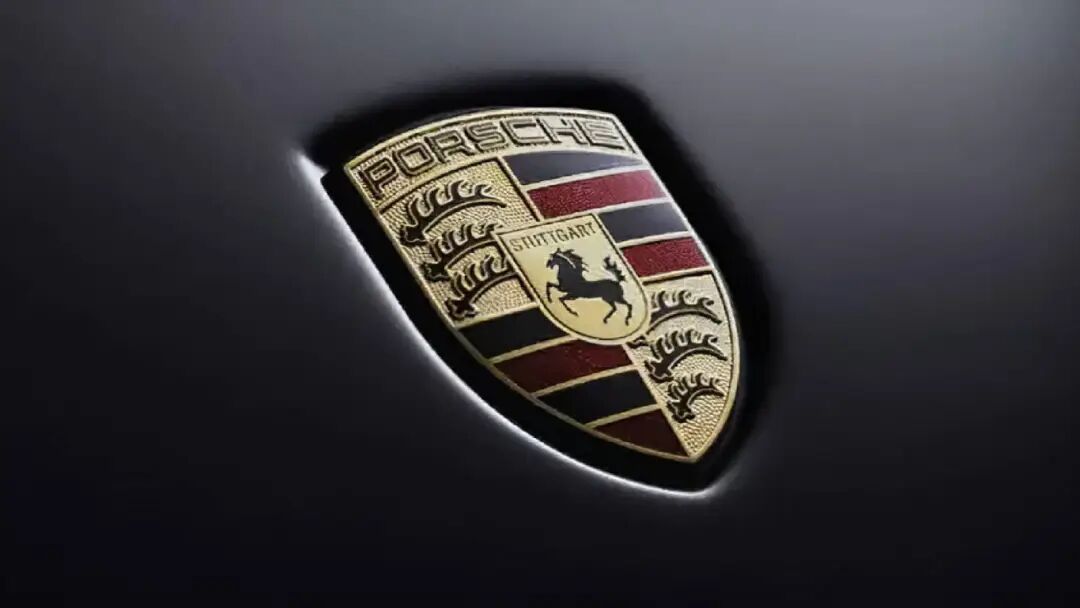
On the other hand, for brands with prices ranging from tens of millions to hundreds of millions or even billions, the conversion rate at auto shows is almost negligible, and the return on investment is severely imbalanced. Hence, instead of "lowering their status" to be grouped with ordinary brands, it's preferable to maintain an air of mystery and exclusivity. According to some insiders at ultra-luxury brands, this is precisely the core competitiveness of ultra-luxury brands.
Their absence from the auto show also reflects that ultra-luxury brands are recalibrating their marketing strategies in response to market shifts.
These brands are increasingly inclined to reach their target customers through more precise and high-end channels such as private appreciation events and exclusive test drives. Meanwhile, the rise of short videos and online platforms has enabled automotive companies to allocate more of their budgets to digital marketing that directly engages users, significantly diverting the media exposure function of traditional auto shows.
02 The Helplessness of Non-Leading Brands
Besides ultra-luxury brands with "alternative plans," non-leading brands such as Beijing Modern, Dongfeng Peugeot, FAW Besturn, Dongfeng Fengxing, and Fujian Benz also failed to attend this year's auto show.
The reasons for their absence are not solely a matter of choice but rather stem from various pressures and a lack of motivation to participate.
Especially considering the current market's increasing polarization, many non-leading joint venture and domestic brands have suffered significant sales declines due to the intensified Matthew effect. Most of the brands on the absentee list face substantial sales pressure.
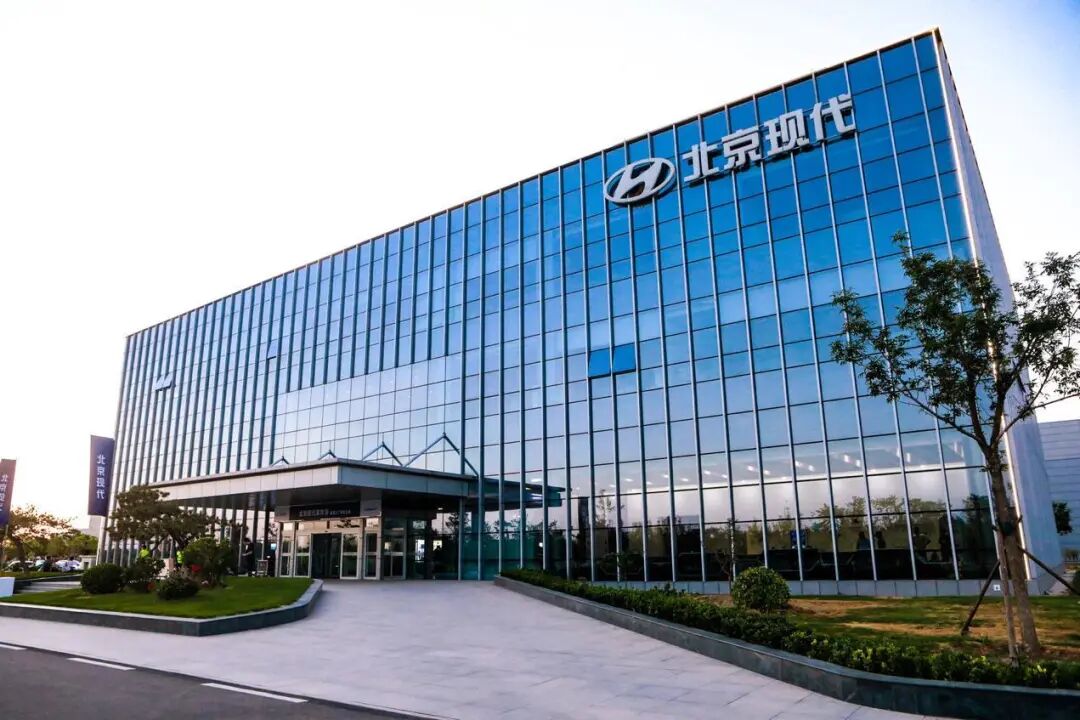
Take participation costs as an example. The cost of participating in a domestic Class A auto show is exorbitant. Industry estimates suggest that the total investment for a single brand to participate ranges from several million to over ten million yuan. For brands with poor profits, the investment in setting up booths and exhibitions can even reach tens of millions of yuan. When potential customers decrease and on-site orders are hard to secure, such a hefty investment becomes no longer cost-effective.
Faced with these high participation costs, instead of "biting the bullet" and participating for the sake of it, these non-leading brands opt to be more frugal and allocate their costs and resources to more critical areas.
03 Tesla and Wuling: 'Disliking' Auto Shows
Besides the aforementioned brands, we also noticed an interesting trend: Tesla has not appeared at auto shows since the 2021 Shanghai Auto Show.
Is it because Tesla is not strong?
Of course not. The core issue is that participating in auto shows is a marketing tool, not an end goal. Unlike many automotive companies, Tesla has discovered more efficient and brand-aligned marketing and sales paths than participating in auto shows.
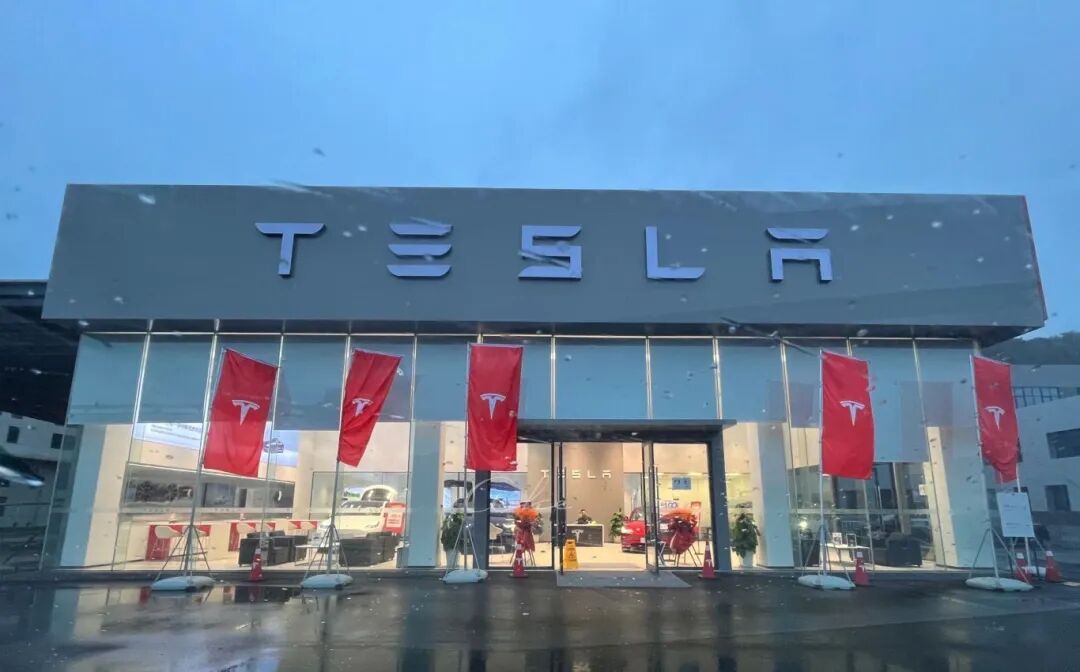
Firstly, Tesla does not rely on dealers and adopts a direct sales model through its own stores and online sales. One of the core functions of auto shows, "serving dealers," is irrelevant to Tesla. Secondly, Elon Musk himself is a global top-tier influencer. A single tweet from him can generate more exposure and attention than participating in ten auto shows. Tesla's product launches are themselves global "online auto shows."
When your brand is already strong enough that people actively seek you out, you don't need to set up a stall in crowded places.
Additionally, like Tesla, Wuling rarely participates in auto shows. However, unlike Tesla's direct sales model and global influencer status, Wuling follows a deep penetration strategy in lower-tier markets (referring to lower-tier cities and rural areas). Their core users are ordinary people, small business owners, and consumers in third- and fourth-tier cities and rural areas. The proportion of these groups visiting large international auto shows is very low.
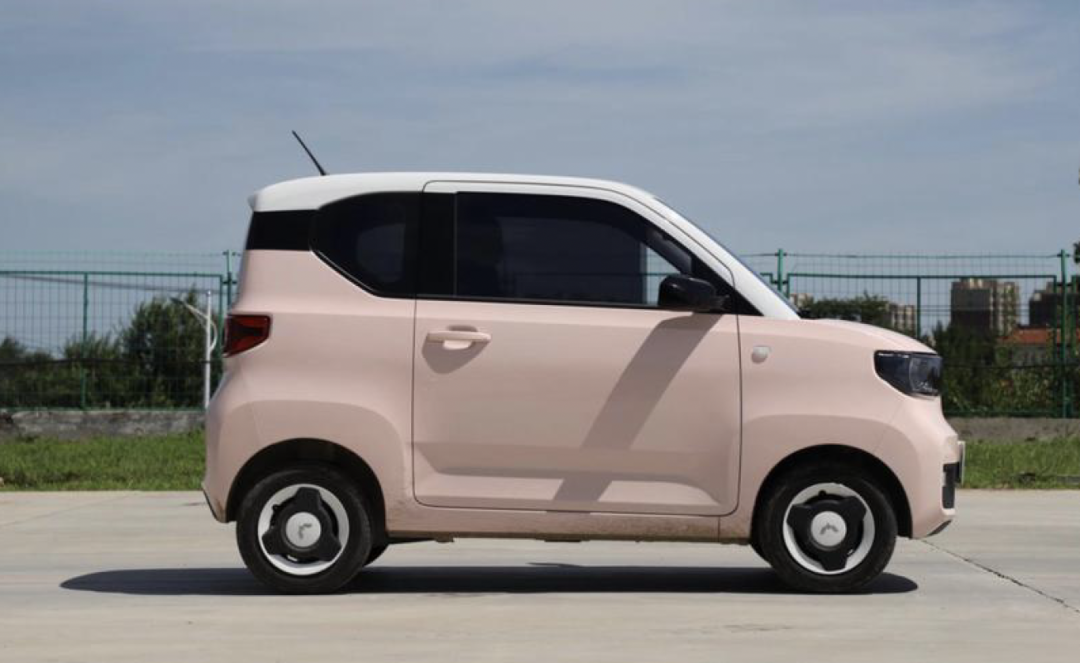
Meanwhile, Wuling's selling point is "building what the people need," emphasizing durability and affordability. Competing with luxury cars for flashiness on a brightly lit exhibition stage is not their strength. Their success relies on a vast and in-depth dealer network that penetrates every county and even township. For them, conducting several more roadshows and in-store events in townships is far more practical than spending tens of millions to participate in auto shows in Beijing, Shanghai, and Guangzhou.
Wuling's strategy differs from Tesla's but is equally precise and effective.
04 Struggling New Forces
At this year's Guangzhou Auto Show, new energy vehicles remained the main attraction.
Data shows that a total of 629 new energy vehicles debuted at this year's Guangzhou Auto Show, accounting for 57.9%, far exceeding last year's 512 units. New energy vehicles becoming the absolute protagonist aligns with the overall situation in the current automotive market. Data from the China Association of Automobile Manufacturers indicates that in October this year, new energy vehicle sales accounted for 51.6% of total new vehicle sales, surpassing 50% for the first time.
However, not all new energy vehicle companies have benefited from this era.
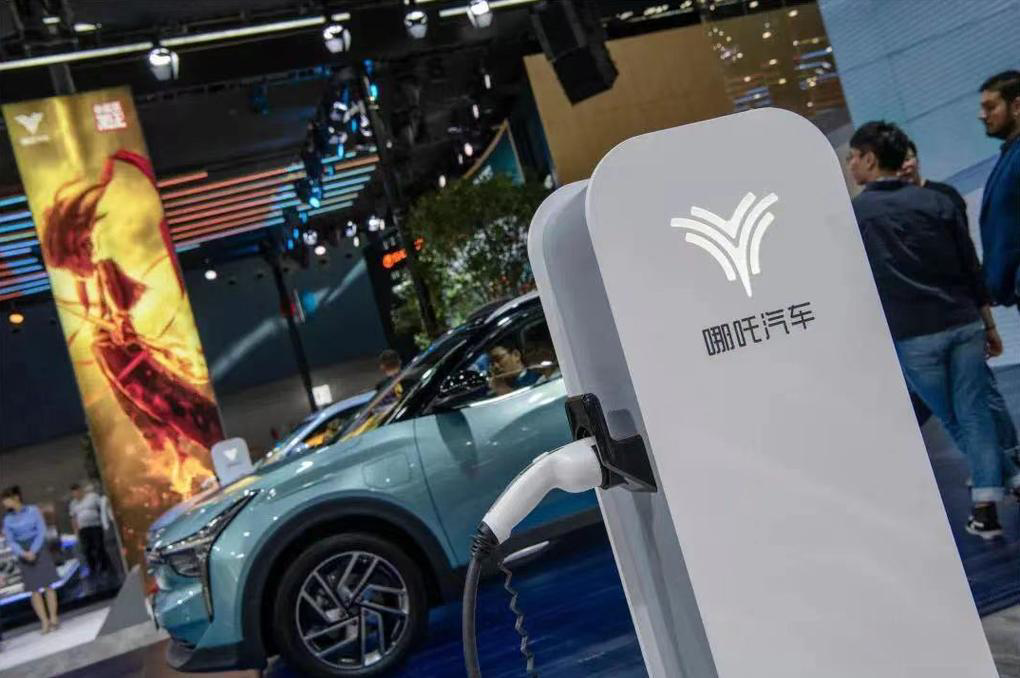
Accompanying the success of leading new energy companies is the struggle of mid-tier and lower companies. New forces such as Neta, Polestar, JiYue, HiPhi, Heyters, and Yuanhang collectively skipped this year's Guangzhou Auto Show. Among them, Neta Automobile has currently halted production of all its models, and the company has officially filed for bankruptcy. JiYue faces a similar situation, announcing its entry into the "Entrepreneurship 2.0 stage" less than a month after participating in last year's Guangzhou Auto Show, with the brand collapsing overnight.
Overall, in 2024, over ten passenger vehicle brands, including foreign brands such as Jaguar Land Rover, Genesis, Rolls-Royce, Subaru, Chevrolet, and Polestar, as well as domestic brands such as HiPhi, Yuanhang, Dayun New Energy, Landian, and Venucia, skipped the Guangzhou Auto Show. This year, not only have none of these brands returned, but several more have also failed to attend.
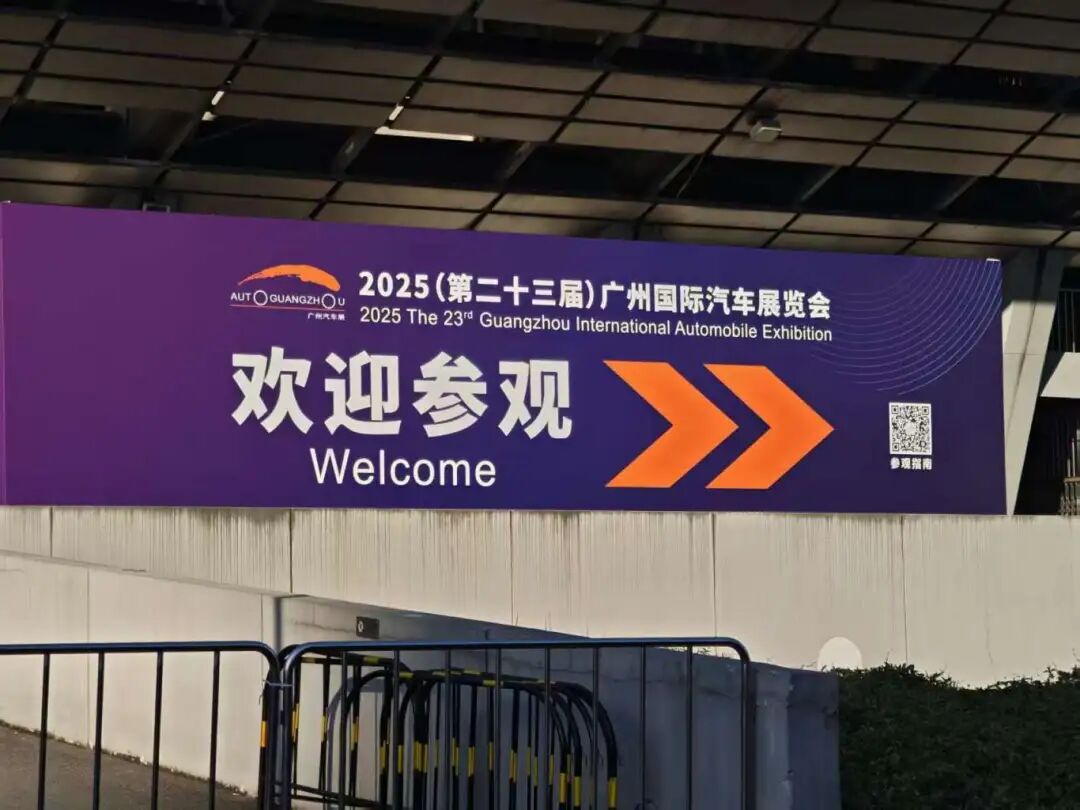
As an industry insider pointed out, not all who come to the auto show are thriving, but those absent usually have their own set of problems. Of course, while some exit quietly, others rise prominently. This ebb and flow depict the brutal and realistic elimination race in the automotive market.
So, who will quietly leave next year's Guangzhou Auto Show, and will those who didn't attend this year come next year?
Editor-in-Chief: Li Sijia Editor: Wang Yue
THE END

